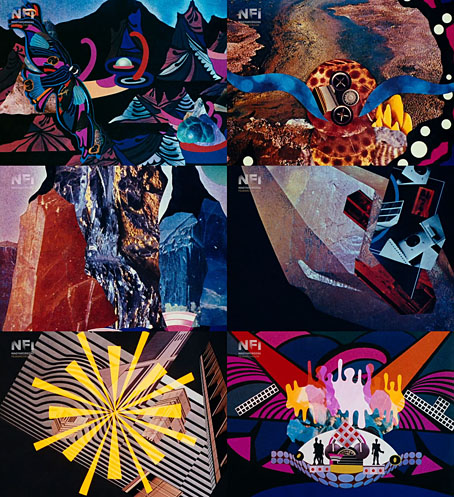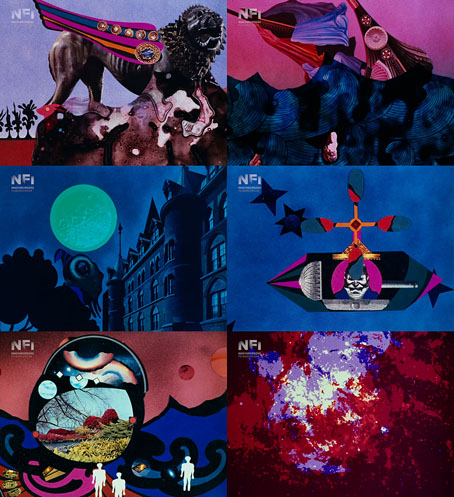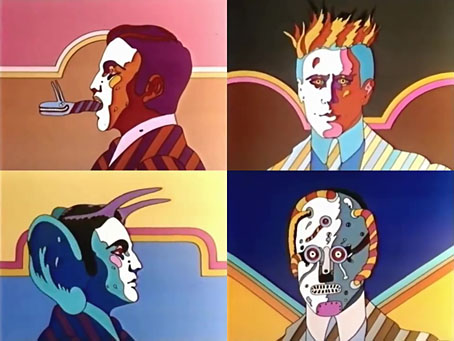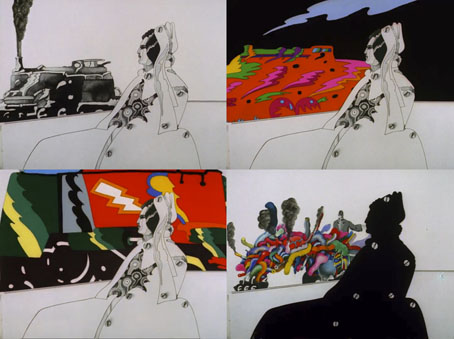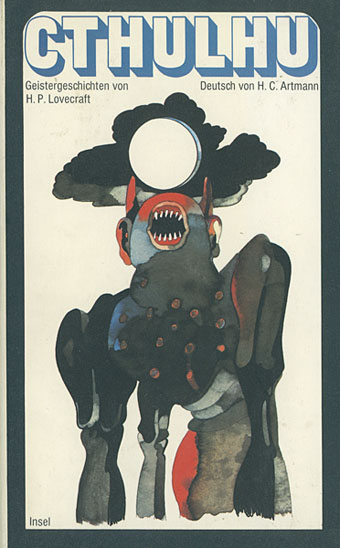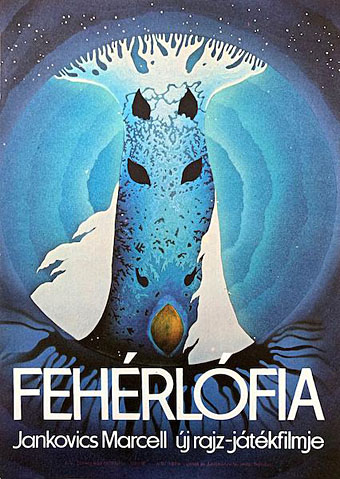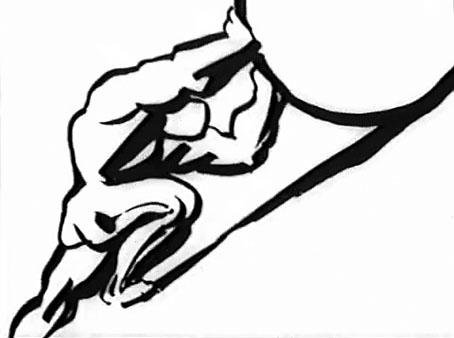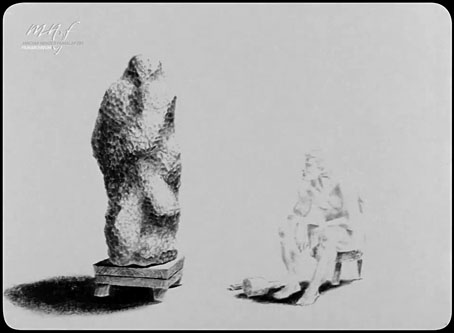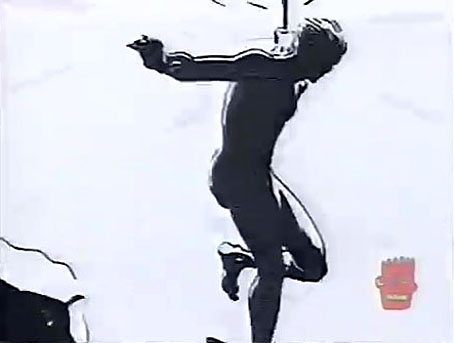Moon Flight is the English title given to Holdmese, a Hungarian word that Google translates as “Moon tale”. Both translations suit this short film by Hungarian animator Sándor Reisenbüchler in which we discover that the Moon is a giant space vehicle contructed by an alien race. Moon Flight was Reisenbüchler’s third short, made in 1975 using the same collage technique as an earlier film, The Year of 1812 (1973). The animation is minimal but there’s an immense amount of variety in the tableaux that convey the story. The visual style is also strikingly vivid in a manner that might be labelled “psychedelic” if that term means anything when applied to cinematic fare from the Eastern Bloc. Reisenbüchler wasn’t the only Hungarian animator borrowing Pop and psychedelic influences at this time. The first two feature films by Marcell Jankovics, Johnny Corncob (1973) and The Son of the White Mare (1982), are equally vivid; Johnny Corncob even mimics some of the style of Yellow Submarine. I’ve not seen much other Hungarian animation from this period so this makes me wonder what else I may have been missing.
Moon Flight is a recent upload at Rarefilmm where you can also see The Year of 1812, both as high-quality transfers. The Year of 1812, which concerns Napoleon’s failed invasion of Russia, won an award at Cannes but I prefer Moon Flight. It’s not only more visually interesting it’s also free of Tchaikovsky’s bombast. Reisenbüchler’s first short, Kidnapping of the Sun and the Moon (1968), is another work of fantasy which may be seen at the YouTube channel for NFI, the Hungarian film archive.
Previously on { feuilleton }
• Three short films by Marcell Jankovics
• Short films by Gérald Frydman
• Raoul Servais: Courts-Métrages
• Scarabus, a film by Gérald Frydman
• The Heat of a Thousand Suns by Pierre Kast
• L’Araignéléphant
• Le labyrinthe and Coeur de secours
• Chronopolis by Piotr Kamler

